ICANN 46 - Beijing Playing Card Deck: Difference between revisions
No edit summary |
No edit summary |
||
| Line 346: | Line 346: | ||
<div style="clear: both;"></div> | <div style="clear: both;"></div> | ||
==Vocabulary: 高兴 - gāo xìng (happy / glad)== | ==Vocabulary: 高兴 - gāo xìng (happy / glad)== | ||
[[File:Playing- | [[File:Playing-Cards_ICANN46_13A.png|left|none]] | ||
{| class="wikitable" | {| class="wikitable" | ||
|- | |- | ||
Revision as of 17:16, 28 November 2015
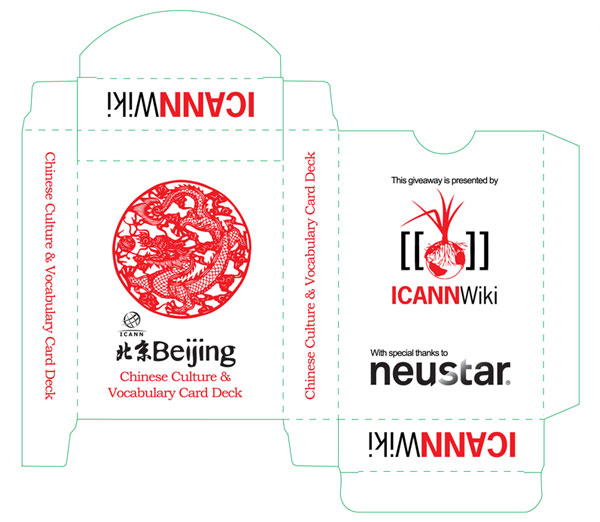
A special one-off Chinese language and culture card deck designed by ICANNWiki staff member Vivian Hua.
See all Playing Card Decks.
Mandarin Chinese & Pinyin
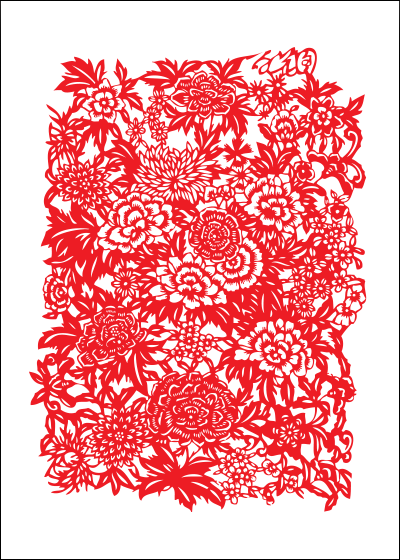
Chinese words are romanized throughout this deck with a system called pīnyīn (拼音), the official system of translating Chinese characters into Latin script in China, Taiwan, and Singapore. Below are some introductory ideas.
Mandarin's Four Accent Tones
- First tone (Flat / High Level)
- Second tone (Rising / High-Rising)
- Third tone (Falling-Rising / Low)
- Fourth tone (Falling / High-Falling)
- Fifth tone (Neutral)
Pronunciation Guide
| q | As in “punch yourself” (no English equivalent) |
| x | As in “push yourself” (no English equivalent) |
| zh | With a sharpness found in words like “choke” |
| z | Unaspirated c, like a mix of “suds” and “cats” |
| c | Strongly aspirated c, as in “hats” |
| i | As in “bee”, but if proceeded by z-, c-, s-, zh-, ch-, sh-, or r-, those sounds are extended |
| ei | As in “hey” |
| ou | As in “so” |
| ang | As in the German “Angst” |
| ua | Like “wa” |
| ui | Like “wei” |
Notable Chinese Dialects
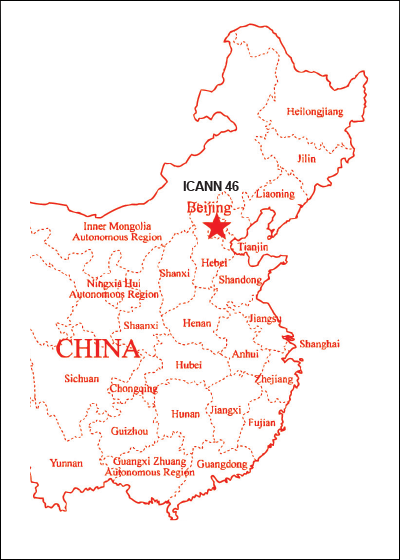
Mandarin (官话 or guān huà) - 836 million Spoken in northern and southwestern China, and the official language of Singapore and Taiwan. When one refers to Putonghua or Chinese, one is generally referring to Mandarin.
Wu or Shanghainese (吴语 or wú yǔ) - 77 million Spoken in the provinces of Jiangsu and Zhejiang, and in the municipality of Shanghai. It also includes the Shanghai dialect and is sometimes considered a representative of all Wu dialects, though not all Wu dialects are mutually intelligible.
Yue or Cantonese (粤语 or yuè yǔ) - 71 million Spoken in Guangdong, Guangxi, Hong Kong, Macau, and parts of Southeast Asia. The term “Cantonese” may cover all the Yue dialects, including Taishanese, or specifically the Canton dialect of Guangzhou and Hong Kong. Not all Yue dialects are mutually intelligible.
Min languages (闽语 or mǐn yǔ) - 60 million Spoken in Fujian, Taiwan, and parts of Southeast Asia. The largest Min language is Hokkien, and its dialects are notably mutually intelligible.
Others include Xiang or Hunanese, Hakka, and Gan.
Greetings & Common Phrases
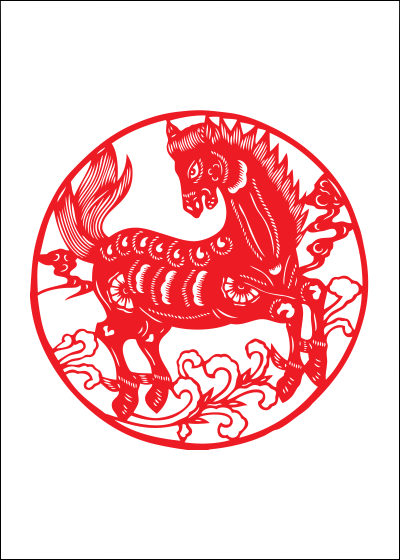
| Chinese Characters | Pinyin | English Translation |
|---|---|---|
| 你好 | nǐ hǎo | hello |
| 喂 | wei | hello (phone) |
| 你好吗? | nǐ hǎo ma? | how are you? |
| 你怎么样? | nǐ zěnme yàng? | what’s up? |
| 我很好 | wǒ hěn hǎo | i am well |
| 好久不见 | hǎo jiǔ bù jiàn | long time no see |
| 我走了 | wǒ zǒu le | i am leaving |
| 明天见 | míng tiān jiàn | see you tomorrow |
| 再见 | zài jiàn | goodbye |
| 拜拜 | bài bài | bye-bye |
Introductions
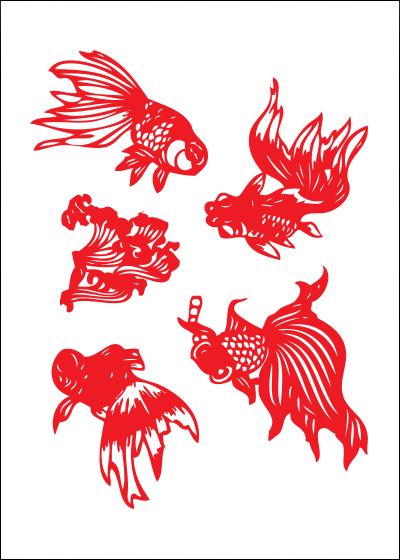
| Chinese Characters | Pinyin | English Translation |
|---|---|---|
| 我的名字是... | wǒ de míng zì shì | my name is... |
| 你叫什么名字? | nǐ jiào shén mē míng zì? | what is your name? |
| 我是从 ____ 来得。 | wǒ shì cóng ____ lái de | i am from ____. |
| 我很高兴认识你。 | wǒ hěn gāo xìng rèn shi nǐ | i am pleased to meet you. |
| 我在 ____ 打工。 | wǒ zài ____ dǎ gōng | i work at ____. |
Dates & Times
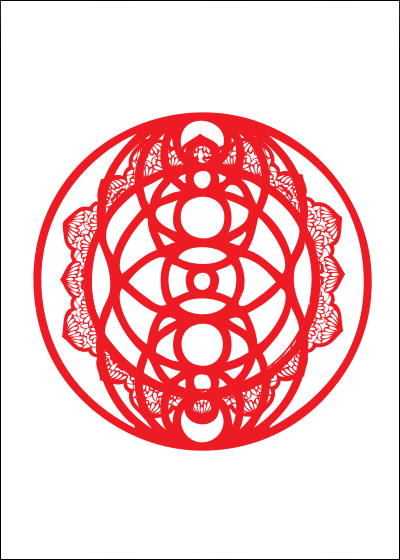
| Chinese Characters | Pinyin | English Translation |
|---|---|---|
| 昨天 | zuó tiān | yesterday |
| 今天 | jīn tiān | today |
| 明天 | míng tiān | tomorrow |
| 上午 | shàng wǔ | morning |
| 中午 | zhōng wǔ | noon |
| 下午 | xià wǔ | afternoon |
| 晚上 | wǎn shàng | evening |
| 上礼拜 | shàng lǐ bài | last week |
| 这礼拜 | zhè lǐ bài | this week |
| 下礼拜 | xià lǐ bài | next week |
Numbers
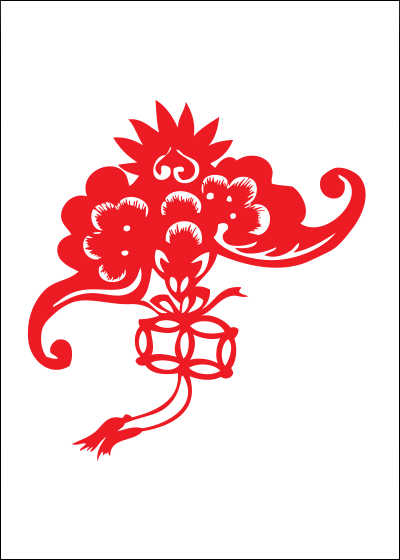
| Chinese Characters | Pinyin | Translation |
|---|---|---|
| 一 | yī | 1 |
| 二 | èr | 2 |
| 三 | sān | 3 |
| 四 | sì | 4 |
| 五 | wǔ | 5 |
| 六 | liù | 6 |
| 七 | qī | 7 |
| 八 | bā | 8 |
| 九 | jiǔ | 9 |
| 十 | shí | 10 |
| 二十 | èr shí | 20 |
| 二十五 | èr shí wǔ | 25 |
| 一百 | yī bǎi | 100 |
| 一百五十 | yī bǎi wǔ shí | 150 |
About Neustar
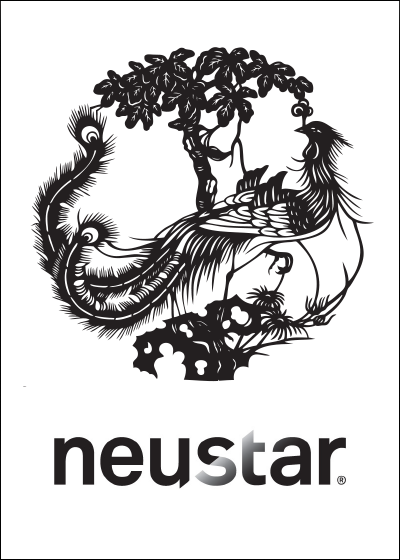
Neustar offers over a decade of experience providing full technical, operational, marketing and policy expertise for .biz and .us. Neustar also operates the technical and registry services for .co, .tel, and .travel. Neustar operates worldwide registry gateways for other ccTLDs; offers Internationalized Domain Names (IDNs) and provides comprehensive managed DNS and full-scale registry services with 24/7 worldwide customer support.
Vocabulary: 女 - nǚ (female)
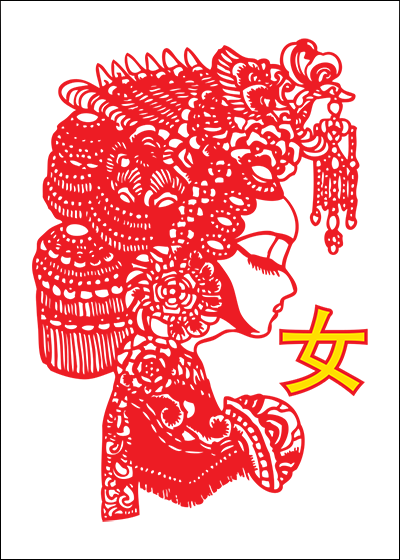
| Chinese Characters | Pinyin | Translation |
|---|---|---|
| 女人 | nǚ rén | woman |
| 女孩子 | nǚ hái zǐ | female child |
Vocabulary: 男 - nán (male)
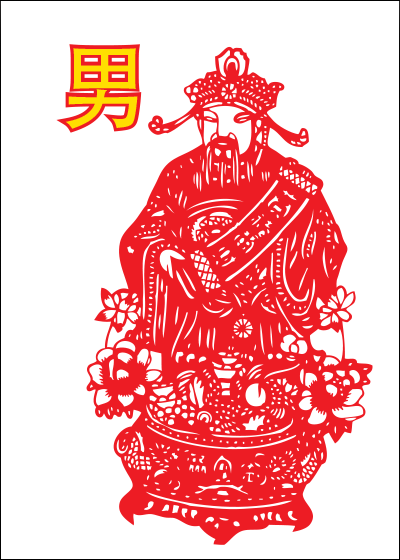
| Chinese Characters | Pinyin | Translation |
|---|---|---|
| 男人 | nán rén | man |
| 男孩子 | nán hái zǐ | male child |
Vocabulary: 朋友 - péng yǒu (friend/friends)
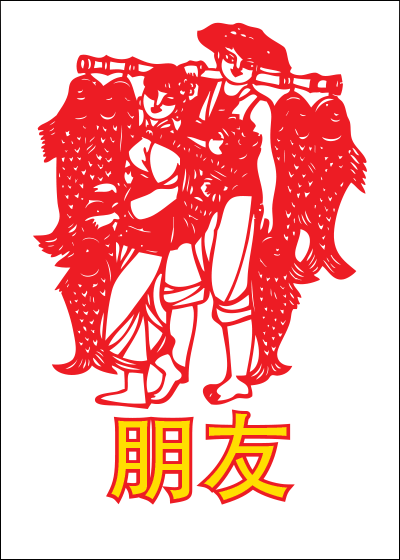
| Chinese Characters | Pinyin | Translation |
|---|---|---|
| 好朋友 | hǎo péng yǒu | good friend |
| 男朋友 | nán péng yǒu | boyfriend |
| 女朋友 | nǚ péng yǒu | girlfriend |
Culture: 钱 - qián (money)
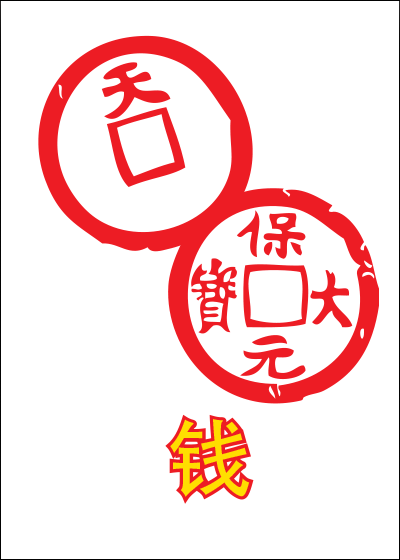
Ancient Chinese coins are round with a square hole in the middle; their design reflected the Chinese view of the earth as square and the heavens as a circle.
A coin can also be a visual pun for “before your eyes”, because the hole in its center is called an “eye” and the coin has the same pronunciation as the word “before” (qián or 前).
Vocabulary: 漂亮 - piào liàng (beautiful)
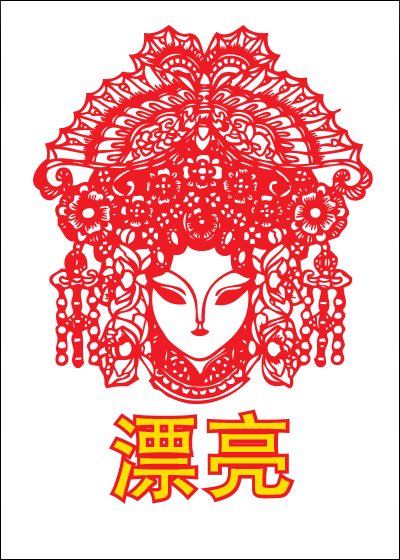
| Chinese Characters | Pinyin | Translation |
|---|---|---|
| 美丽 | měi lì | beautiful |
| 潇洒 | xiāo sǎ | handsome |
| 性感 | xìng gǎn | sexy |
Vocabulary: 高兴 - gāo xìng (happy / glad)
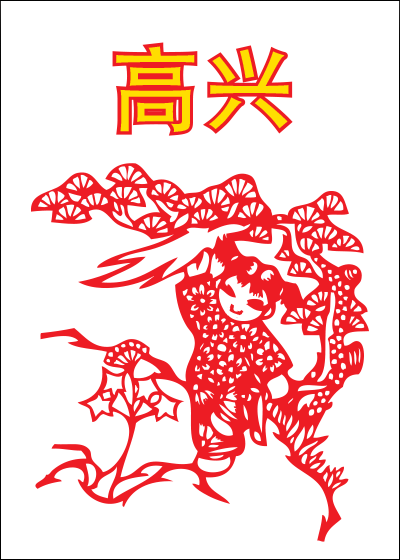
| Chinese Characters | Pinyin | Translation |
|---|---|---|
| 快乐 | kuài lè | happy / joyful |
| 幸福 | xìng fú | happy / blessed |
